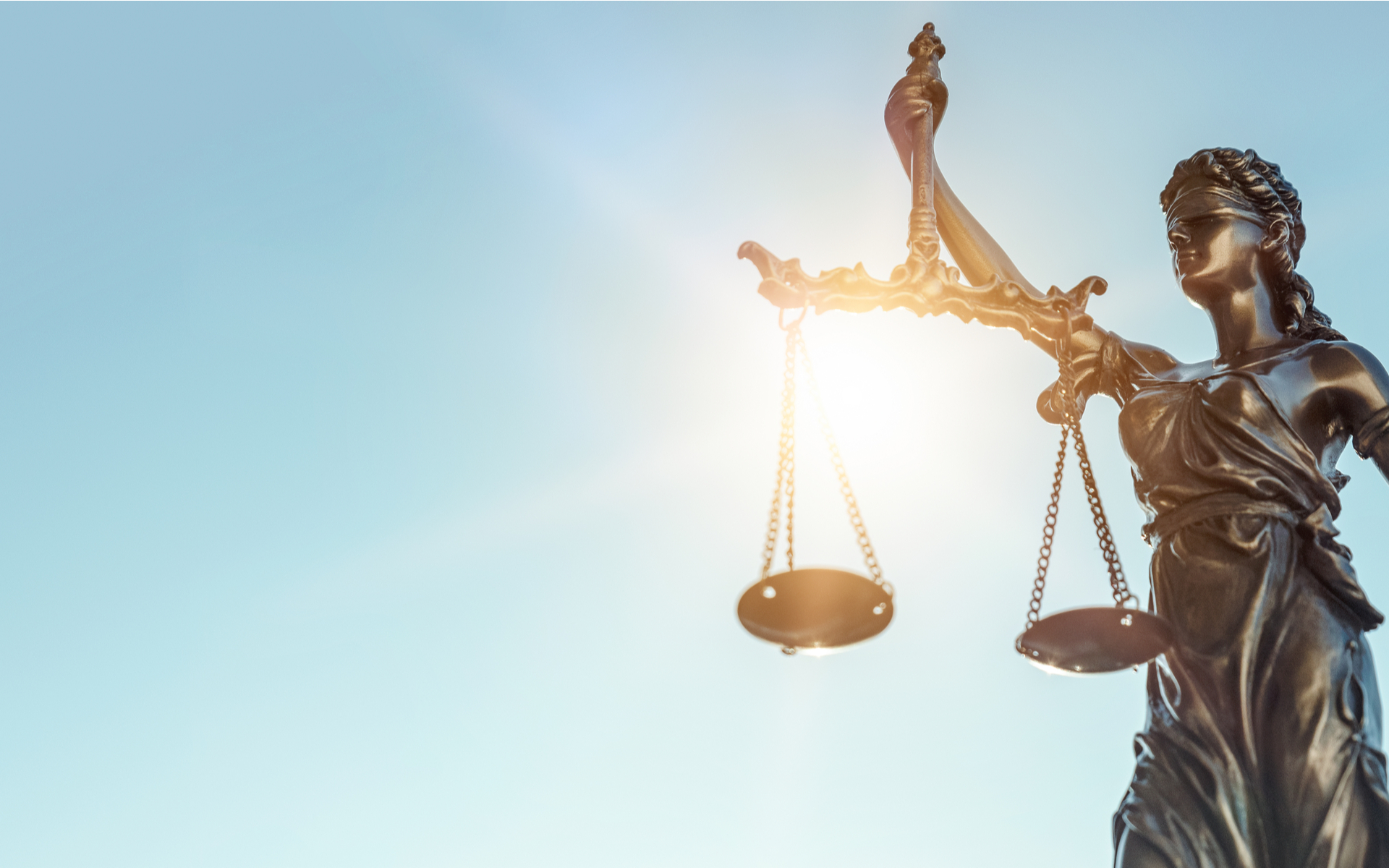“We are a society that has been structured from top to bottom by race. You don’t get beyond that by deciding not to talk about it anymore. It will always come back; it will always reassert itself over and over again.”
Kimberle Williams Crenshaw, UCLA Law Professor
In February, the Department of Legal Studies at the Fox School of Business hosted Black Americans: Three-Day Racial Equity Habit-Building Challenge. Our Law Week usually includes a Naturalization Ceremony, Law Scholar and a Law School Fair. But this year was different, and the pandemic has prompted many of us in higher education to revise, recreate and undergo a new way of providing law-related co-curricular initiatives.
At first, it was a much needed break for many professionals in this field. During that break, a Black American woman named Breonna Taylor died during a police raid. Police rammed the door, guns drawn and her boyfriend fired his weapon, thinking it was intruders, along with the officers and it was determined that Breonna was shot in her sleep by the officer’s gun based on an internal investigation. Her death was minimized at the time because the world was still open – until George Floyd. Two months later, the world witnessed an 8-minute and 46-second video that showed a Black American man dying under the knee of a police officer. Our stay-at-home restrictions became political. Political unrest expanded outside of America as the same restrictions allowed other countries to witness the death and outrage of Black Americans as they masked up and marched for justice. Black Lives Matter reverberated and became a much bigger movement with Italy, Japan, Germany and Britain forming a movement for these two individuals and the plight of Black Americans.
The American Bar Association (ABA), the organization that houses memberships for American lawyers, judges, paralegals, law librarians and law students, also realized the disparities in the legal profession. They decried violence against George Floyd and the Black community. The former ABA President spoke to the legal community that they planned on dismantling unfair practices and policies to improve the American justice system. They developed the 21-Day Racial Equity Habit Building Challenge as one of their initiatives, and for the past 365 days, colleges and universities, food service departments, banking industries and nonprofit organizations put together this challenge to highlight disparities, inequities and racism towards underrepresented populations.
The Fox Department of Legal Studies administrative team decided to implement a shorter version of the challenge to focus on Black Americans in this country and unpack their history through the lens of race, how the media portrays historically inaccurate stereotypes about the Black community and defining allyship. We highlighted how the work of allies are needed to improve the lives of Black Americans and other underrepresented groups.
Through this Law Week event, registrants received three days’ worth of articles, podcasts, videos, poems from history, Black authors, actresses, iconic Black Americans in history and allies that opened dialogues with staff, students, faculty and community members. The president of ABA, Patricia Reno presented opening remarks during the first day to reinforce their message of racial equity in the legal profession. On the first day, Nu’Rodney Prad from Temple’s IDEAL department moderated all discussions while hosting an unconscious bias seminar for all registrants. On the second day, students could speak freely about discrimination, race, privilege and intersectionality. The third and last day provided all registrants the guidance to advocate and become an ally in Black spaces for their classmates, colleagues and the surrounding community of Black and Brown people.
The Fox Department of Legal Studies wants to align our business law objectives with the ABA’s stance on providing equitable space, schooling and careers to current and future lawyers, judges and legal professionals. Our department helps students as they navigate the application process for law school.
This challenge helped our minority population see a future in law. The changes that the ABA has championed will help more students find a sense of belonging in their law profession. Our department wanted to help students see “where law meets business” and how racial equity begins at the Fox School within our department—that their law journey aligns with the organizations that champion for more equity and inclusive communities. This challenge was the first of many, but it opened the door for students, staff and faculty at Temple University to identify brave spaces through experiential learning to champion for the underrepresented— and it starts at the Fox School. Racial equity starts with activism and allies to move into a new direction of equitable spaces for underrepresented populations. Listening to Black and Brown people in your neighborhood, classrooms, workplaces and find ways to understand the racial divide and how we all can decrease inequities that harm liberty and justice for all.

